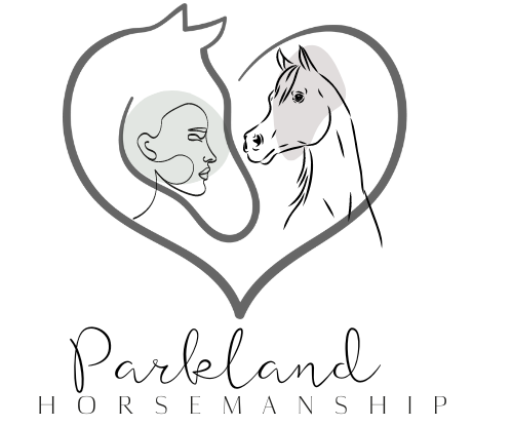Horses offer an idyllic environment to promote mindfulness. Communicating and working with these majestic creatures requires individuals to remain fully present in each moment.
Youth participants who displayed severe ticking would typically find significant improvement in their ability to regulate themselves during sessions. Horses also provide powerful emotional feedback which aids in building trusting relationships with peers.
Stress Reduction
Horses are predatory animals and, therefore, produce hormones naturally to ensure survival. Their responses to humans and the environment provide us with a great way to learn about ourselves; horses teach us to recognize both physical and emotional reactions which may help reduce stress associated with traumatized events or any situation that triggers anxiety.
Horse hearts are 10 times larger than human ones, producing electromagnetic energy which creates an almost tangible connection between people during equine assisted learning sessions. Participants attune themselves with this resonance through breathing exercises and grooming activities designed to forge and deepen this bond with the horse’s heartbeat resonance and build their bond further.
Equine therapy has proven highly successful at helping individuals overcome depression and isolation. Equine’s unconditional acceptance can provide positive social interaction that reduces feelings of hopelessness, sadness and fatigue; especially effective when used within group settings when the camaraderie of being with other horses fosters teamwork, communication and leadership development.
Self-Esteem
Horses have long been used to help individuals build self-esteem and emotional awareness. Grooming, leading, and riding physical activities such as grooming can improve balance, spatial awareness, strength, dexterity and sensory integration – as individuals interact with their horse’s movements and rhythm. Furthermore, developing trust with an animal requires building self-worth through relationships with them.
Horses are highly intuitive creatures who respond quickly and appropriately to nonverbal cues from humans, teaching people to focus on being present while also helping reduce stress levels and anxiety disorders such as PTSD. This approach may prove especially helpful to individuals suffering from anxiety disorders or PTSD.
Children and teenagers who engage in equine therapy typically develop more accepting attitudes toward themselves through interaction with horses. Equine-assisted learning (EAL) retreats and workshops can also provide corporations, schools, organizations or community groups an opportunity to explore dynamics such as communication leadership team building dynamics.
Sense of Community
Relationship building with horses promotes empathy and connection. Horses are highly attuned to human body language and can help participants become more self-aware about their emotions and behavior. Horses also provide a safe place for practicing how to express and regulate emotional responses without judgment from peers or authority figures.
At an equine session, various activities are employed to facilitate interaction and promote physical and emotional bonding between horse and rider. Activities may include grooming, leading, and riding; participants are then encouraged to reflect and discuss how their experience related to personal goals or therapeutic needs.
Equinine learning requires physical activity that can improve core strength, balance, and overall health. Successfully completing horse-handling tasks may also boost self-esteem and confidence; furthermore, horses’ size and power teach participants about setting personal boundaries; this lesson can be particularly valuable to those struggling with anxiety or depression.
Self-Awareness
Horses are highly intuitive animals that provide instant feedback as people interact with them. Their ability to mirror human emotions without judgment encourages self-awareness, helping individuals recognize and manage their responses while building leadership and communication problem-solving skills.
Horses can be intimidating creatures; yet working successfully with these powerful animals builds both confidence and courage in many. Overcoming fears and building trust with horses also offers the chance to discover one’s personal strengths.
Participating in EAL sessions is an easy and beneficial way to learn new life skills, regardless of age, background, or career path. Both individual participants and mental health professionals alike can take part, though the emphasis of each session should remain learning rather than therapy. Either way, EAL sessions promote emotional growth by offering useful insight that can be implemented into one’s daily life – something applicable across age ranges and career paths alike.

